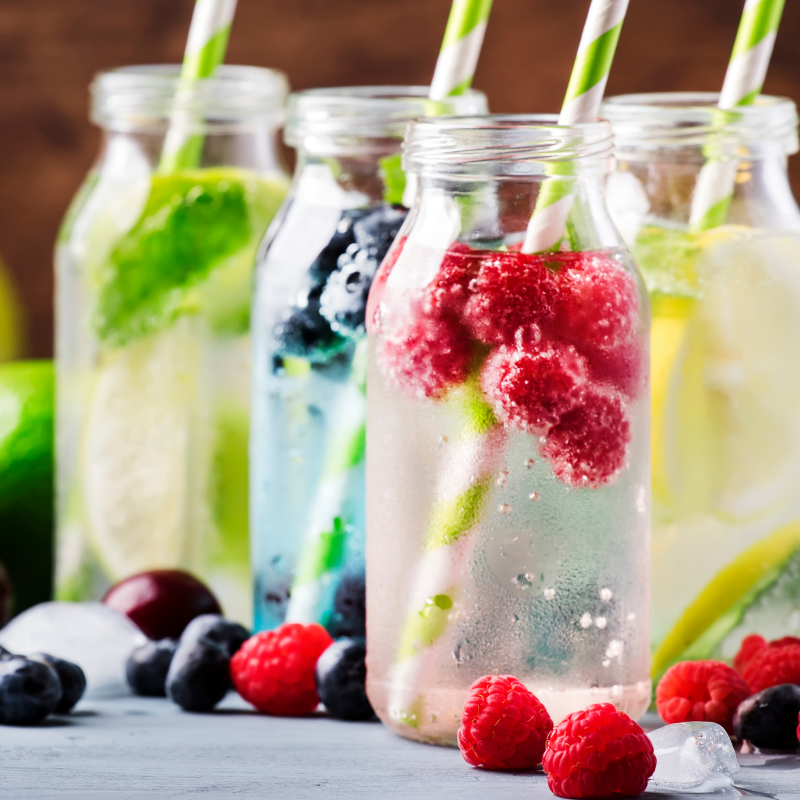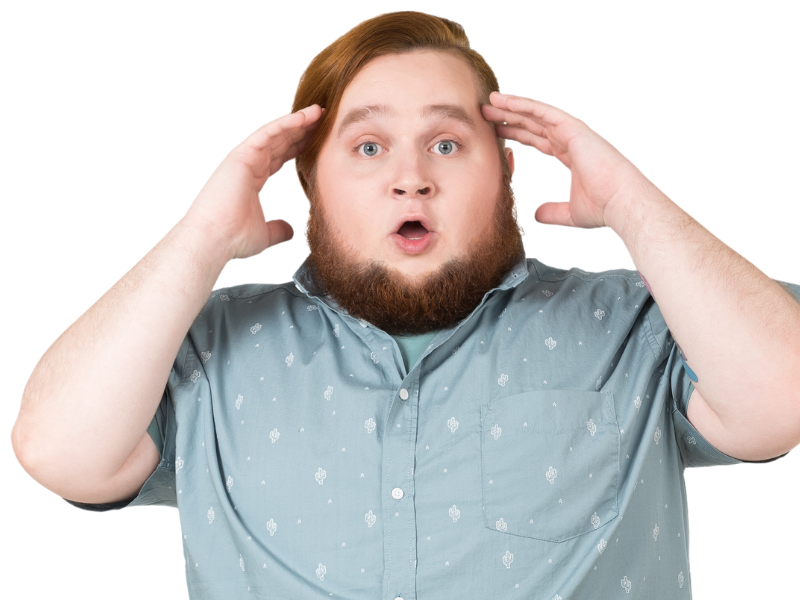Champagne is a big part of many New Year’s Eve celebrations. It can be a pleasure to drink, but it can also cause headaches for some. Headaches after drinking champagne may be caused by dehydration, mineral depletion, or even an allergy to the sulfites in champagne. Sulfites are chemicals used as preservatives to inhibit browning and discoloration in foods and beverages during preparation, storage, and distribution. Sulfites have been used in winemaking for centuries.
Sulfites are found in certain foods and beverages, and in a variety of medications. The use of sulfites as preservatives in foods and beverages increased dramatically in the 1970s and 1980s. Due to cases of severe reactions to sulfites, a ban by the FDA went into effect in August 1986. This ban prohibited the use of sulfites in fresh fruits and vegetables. Sulfites continue to be used in potatoes, shrimp, and beer/wine and are also used in the pharmaceutical industry.
Bubble Trouble: Champagne contains tiny little pockets of carbon dioxide. Like all carbonated beverages, that satisfying fizz in soft drinks and sparkling wine is created when carbon dioxide gas under pressure is dissolved in a liquid.
Champagne feels like it goes right to your brain because it does. The carbon dioxide gas bubbles in Champagne help your body to absorb the alcohol faster. The bubbles increase the pressure in your stomach, which forces alcohol out through your stomach’s lining and into your bloodstream for faster absorption. In your bloodstream, carbon dioxide competes with oxygen, which is why champagne makes you feel dizzy. You’ll also get drunk faster – and your hangover will be worse.
To avoid headaches and hangovers, try these tips
Stay hydrated:

Stay hydrated
Drink water before and after consuming alcohol. Alcohol is very dehydrating because it removes water from your cells. Try alternating a glass of water with each glass of champagne or other alcohol. And try to drink a full glass of water before going to bed. Alcohol promotes urination because it inhibits the release of vasopressin, a hormone that decreases the volume of urine made by the kidneys. If you wake up with a hangover, start hydrating as soon as possible. If your hangover includes diarrhea, sweating, or vomiting, you may be even more dehydrated. Although nausea can make it difficult to get anything down, even just a few sips of water might help your hangover. Drinking water throughout the day is even better for rehydrating and recovering the water you’ve lost and dramatically help your hangover headache.
Take aspirin:
Taking some aspirin can help reduce some symptoms of a hangover such as a headache. Never take aspirin on an empty stomach as that could increase the risk of G.I. distress and nausea.
Eat carbs:

Try eating complex carbs like nuts
Do not drink on an empty stomach. Start with a light meal or snack of complex carbohydrates and protein that will help absorb the alcohol. Nuts, beans, seeds, whole grains (crackers, toast etc.), yogurt are just a few common complex carbs. Drinking may lower blood sugar levels, so theoretically some of the fatigue and headaches of a hangover may be from lack of fuel to your brain. Also, many people forget to eat when they drink, which can also cause blood sugar to drop. Eating some complex carbs, toast, crackers and juice for example can get your blood sugar back to normal.
Drink caffeine:
Drink a couple of cups of coffee. The caffeine causes your blood vessels to constrict, which can relieve the discomfort of a headache. WARNING: FOR some migraine sufferers, caffeine can be a trigger.
Try MigreLief-NOW:
MigreLief-NOW is Akeso Health Sciences’ fast-acting formula to be taken as needed by headache or migraine sufferers for neurological comfort. MigreLief-NOW contains magnesium, ginger, Boswellia, and Puracol® feverfew.
To the Best of Health,
Curt Hendrix, M.S., C.C.N., C.N.S.


